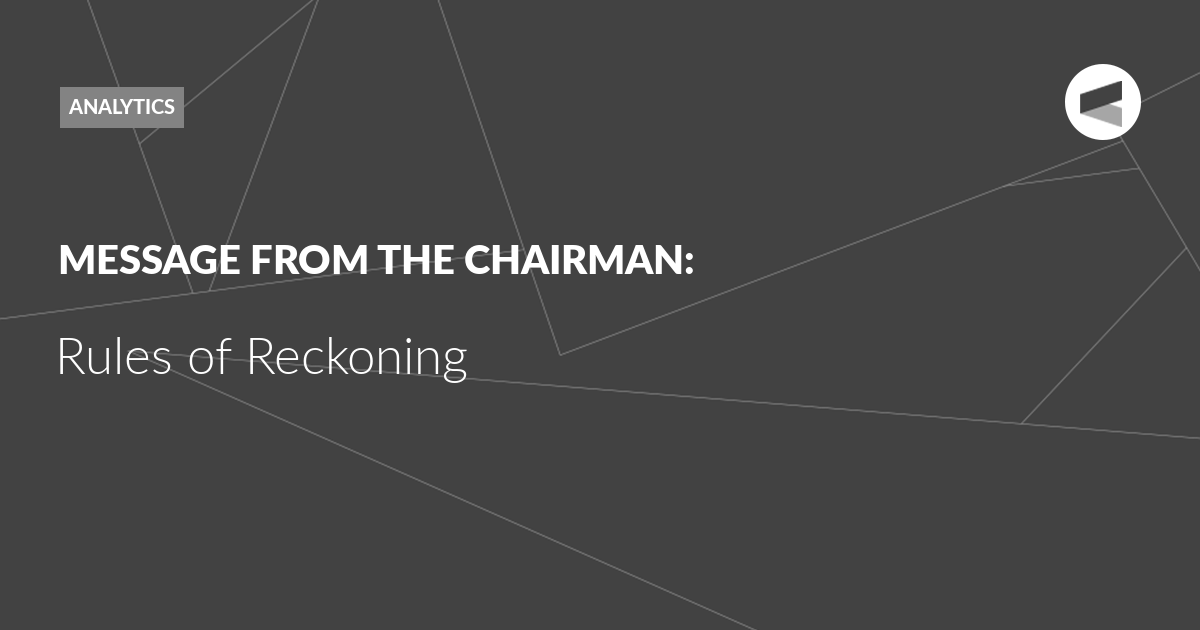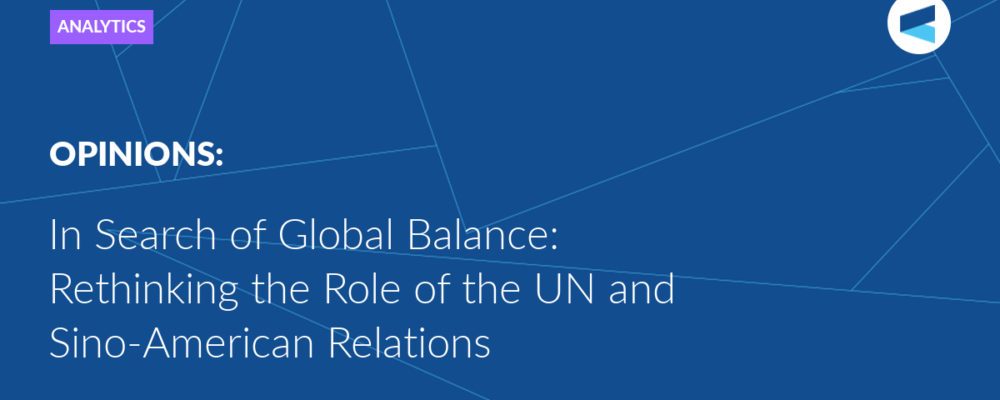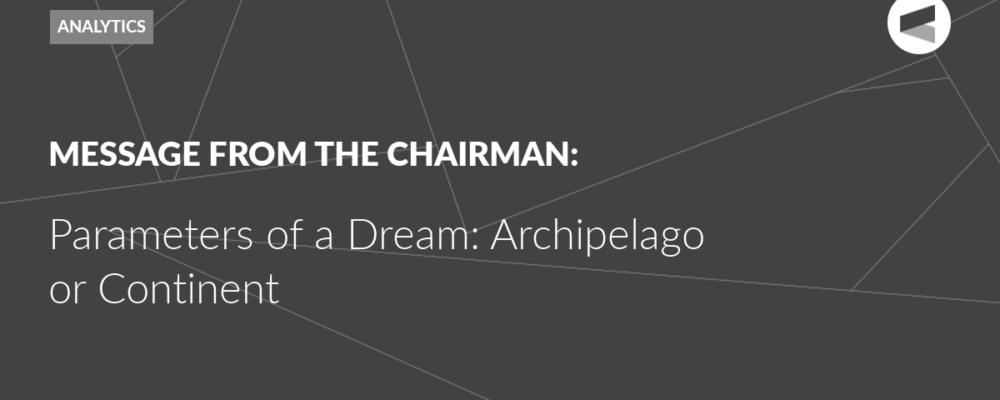The global crisis that we are experiencing is aggravated by an intellectual crisis of world political thought. Nevertheless, people are inventive, and maybe AI will help, writes Valdai Club Chairman Andrey Bystritskiy.
There is virtually no doubt that the problems of 2024 will reappear in full and even with reinforcements in 2025. One of the reasons for the protracted global political crisis in which we now exist is that the creative ability of modern political thought is clearly insufficient to offer a more or less realistic and digestible model of the future.
Well-thought-out planning is a characteristic feature of humans. Of course, wolves also somehow plan their pursuit of harmless herbivores, but still, as a rule, they do not plan further than the next dinner. Man, as a much more dangerous and sophisticated predator, is more prudent.
Since ancient times, humans and their communities have planned the methods and results of their interactions. Naturally, not all actions were included in their planning, but the main ones were certainly presumed: such as war and trade, the influx of slaves and the construction of cities, and much more, of course. But most importantly, the goal of their plans was a certainty, from their point of view, ensuring fair and relatively stable peace around them.
For example, when Pharaoh Ramses II went to war with the Hittites, the goal of the campaign was certainly to create conditions for safe trade both in the Mediterranean and in the adjacent regions of the Middle East. Oddly enough, despite the fact that, in general, it is unknown who the victor was: the Egyptians or the Hittites, history continued, and trade was preserved. The plans, on the whole, were fulfilled, although not without losses: many city-states, along with their leaders and priests, disappeared practically without a trace.
Over the centuries, people made fairly simple plans that were quite often fulfilled. The peculiarity of these plans was that everyone understood them. The ideological structure in which these plans existed was accessible to ordinary people, aristocrats, and all sorts of other leaders. In general, the plans were based on clear ideas about competition, domination and hierarchy, both within societies and outside, and on an understanding of the role of strength, cohesion, loyalty and efficiency. Most importantly, everyone understood what good and evil were. This is convincingly described in the Old Testament. In its own way, all this looked very harmonious, although from a modern perspective, it is extremely difficult to call such a world beautiful and fair, humanistic and comfortable. But it was possible to make plans in it, and very technological ones, with understandable KPI, in modern language. Like counting the number of killed enemies and captured slaves in the thousands.
It is clear that as time passed, amazing theories developed, world religions arose, and the human personality became more and more evident, liberated from the indivisible and faceless mass of people. Already in the times of Ancient Rome, it became much more difficult to create realistic plans. It became somehow more difficult to understand justice, good, responsibility, hierarchy, and the role of the individual. Nevertheless, people somehow coped. Caesar, however, was stabbed to death: some citizens did not agree with him on what plan to offer Rome and, in general, what kind of Rome the Romans needed.
It’s important to note, however, that in general the Romans and, for example, their opponents, the Parthians, saw the world quite similarly. This allowed them to constantly fight, and constantly plan mutual destruction and absorption, and, at the same time, coexist relatively successfully.
So, Constantine the Great’s adoption of Christianity turned out to be a very wise step, which allowed him to give the plans another, one might say, spiritual dimension and make these plans universal. The widely spoken languages of that time — Greek and Aramaic — also helped. They were more or less understood in many places.
The emergence of Islam added spice to the drawing up of plans, since competition appeared. But even Islam and Christianity got along quite well, and showed, by the way, fantastic flexibility in drawing up plans for the development, capture and division of the world.
The Valdai Discussion Club was established in 2004. It is named after Lake Valdai, which is located close to Veliky Novgorod, where the Club’s first meeting took place.
Please visit the firm link to site






